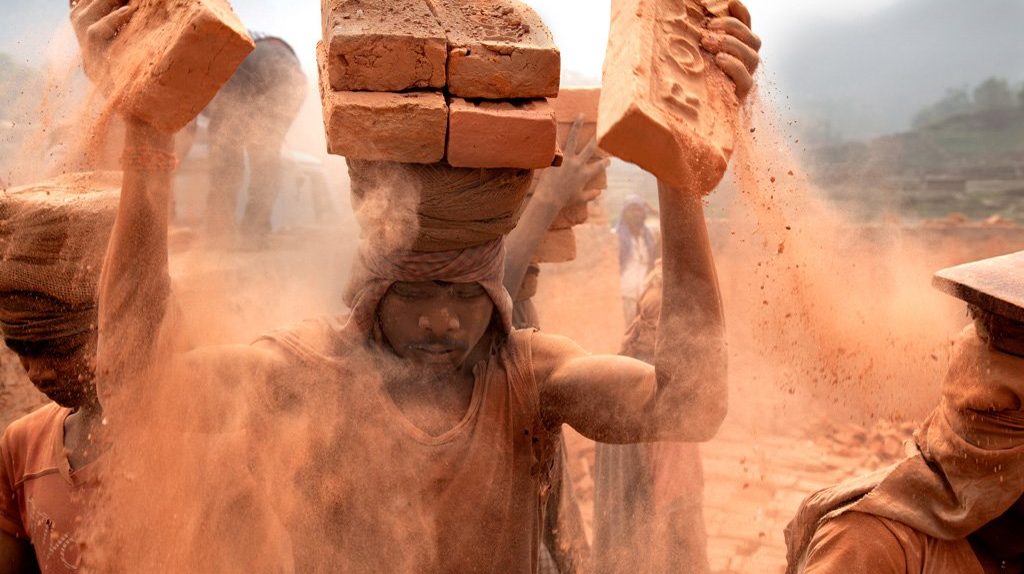Things had been stressful recently, so my wife and I took a week off to relax. Of course, midway through an MA module, it’s not going to be total relaxation but a change of scene certainly helps. So we travelled to San Francisco to stay with my sister-in-law for a few days.
Stress is a strange thing. It can both expand one’s creativity and close it down. A stress-free environment can allow the mind to wander and make new associations. The pressure to deliver can, sometimes, have the same effect. On reflection, I derive more benefit from reducing my stress, and so do try to make time during the week when I have as little going on in my mind as possible.
Going to a new place also helps. The familiar and stagnant experiences get flushed out in favour of new sights, sounds, smells and feelings. It is easy to experience the thrill of the new but I’m frequently reminded of Marcel Proust: “The real voyage of discovery consists not in seeking new lands but seeing with new eyes”. The outer state affects the inner state, but the inner state is where the discoveries, the new connections, the inspiration comes from.
On a trip to the town of Sonoma, I went into the gallery of a photographer called Lisa Kristine. At a commercial level, Kristine’s work is very impressive, large scale photographs of beautiful scenes in the developing world. Intricately decorated Indian templates, beautiful children, unspoiled scenes. Interestingly, she manages to avoid the tweeness that often invades such work. Her subjects are dignified and beautiful, engaging the photographer as an equal.
But dig a little deeper and there is more to Lisa Kristine. During her work, she became aware of the horrors of modern slavery. She partnered with an organisation called Free The Slaves to photograph modern slaves, tell their story and campaign for their emancipation. She describes herself as photographer, humanitarian and change-maker. Her Ted Talk on slavery is fascinating and horrifying https://youtu.be/WwB6bPgPol4
Kristine is a commercially successful photographer who is obviously good at what she does. She didn’t have to put herself at risk from poisonous environments and hostile gangmasters to make her campaigning work. But she did, she responded to the plight of her fellow human beings by becoming an advocate for change. She is certainly entitled to describe herself as a humanitarian.
Earlier, I mentioned the associations which are fundamental to the creative process. A big part of my interest in Lisa Kristine is the way in which she has made associations, agreed to them, built on them and developed her practice. She built up a practice making and selling pictures. That is what many photographers aspire to. She could easily have ignored or tolerated slavery and continued to do what she was good at. But she accepted the challenge to do something about this evil in the world.
Kristine’s work has inspired me to think about how my practice can be positive, ethical and make a contribution.
(Featured image: Stacking (slaves at work in a brick factory, India), Lisa Kristine
